morality

Ever since the Enlightenment philosopher David Hume outlined the “Is-Ought” problem—that we cannot derive an ought from an is, or we cannot determine the way something ought to be morally based on the way things are in nature (the classic example being slavery—because ants practice slavery that doesn’t make it natural and therefore acceptable for humans to practice slavery)—people have struggled to figure out on what basis should moral values be grounded. Of course, theists argue that God is that…
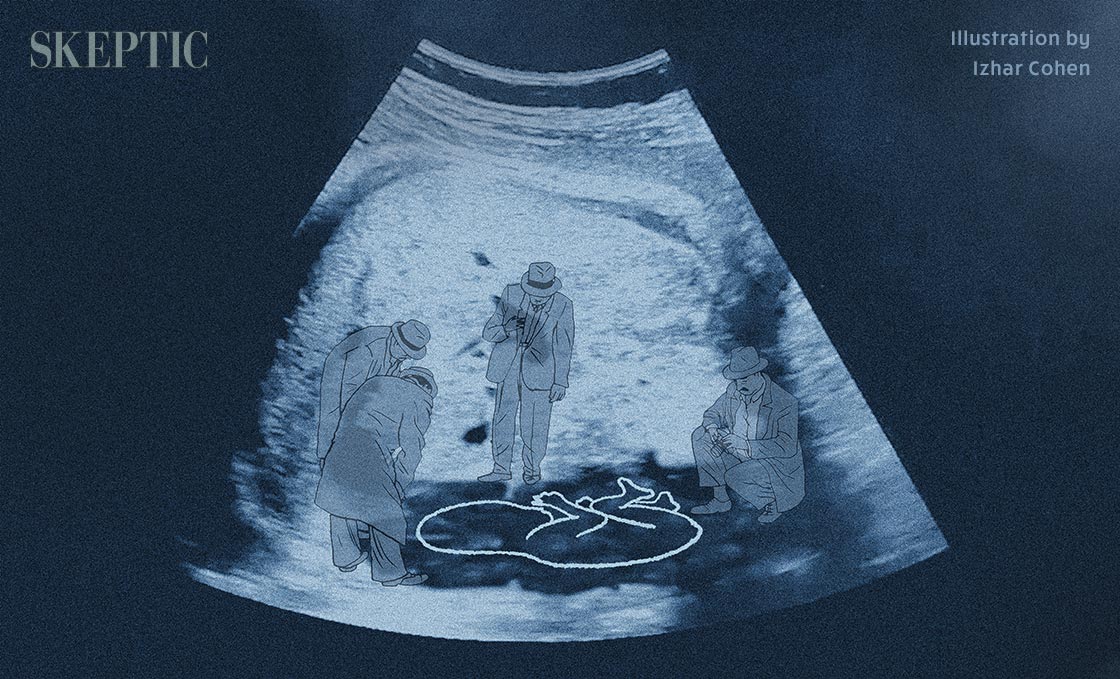
Abortion is one of the most relevant issues of our time. As with many other subjects capable of arousing strong emotion, people tend to assume that the U.S. public is evenly divided, in this case between the “pro-choice” and “pro-life” positions. And some frequently cited polling would lead you to believe that it is indeed […]
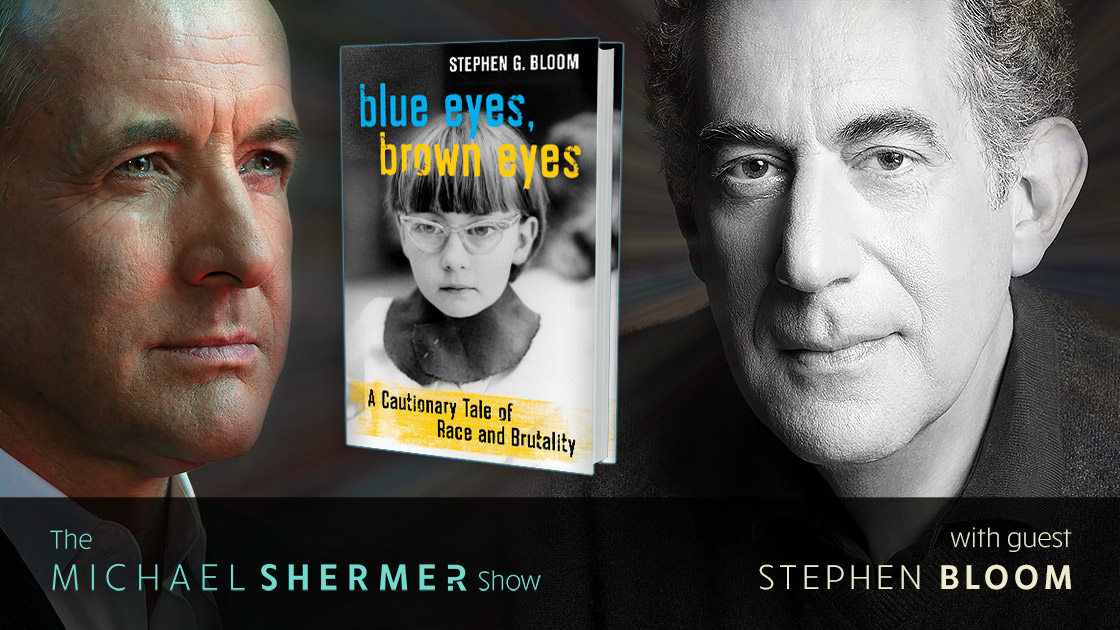
Shermer and Bloom discuss: “Blue Eyes, Brown Eyes” — Jane Elliott famous racism experiment • reactions to it (in the classroom, locally, nationally, internationally) • whether the “experiment” was really more of a demonstration • public interest, from Johnny Carson to Oprah Winfrey • the questionable ethics of the experiment • what it reveals about tribalism, racism, obedience to authority, role playing, social proof • whether it reveals hidden racist attitudes or creates them in children • race sensitivity training programs (and…
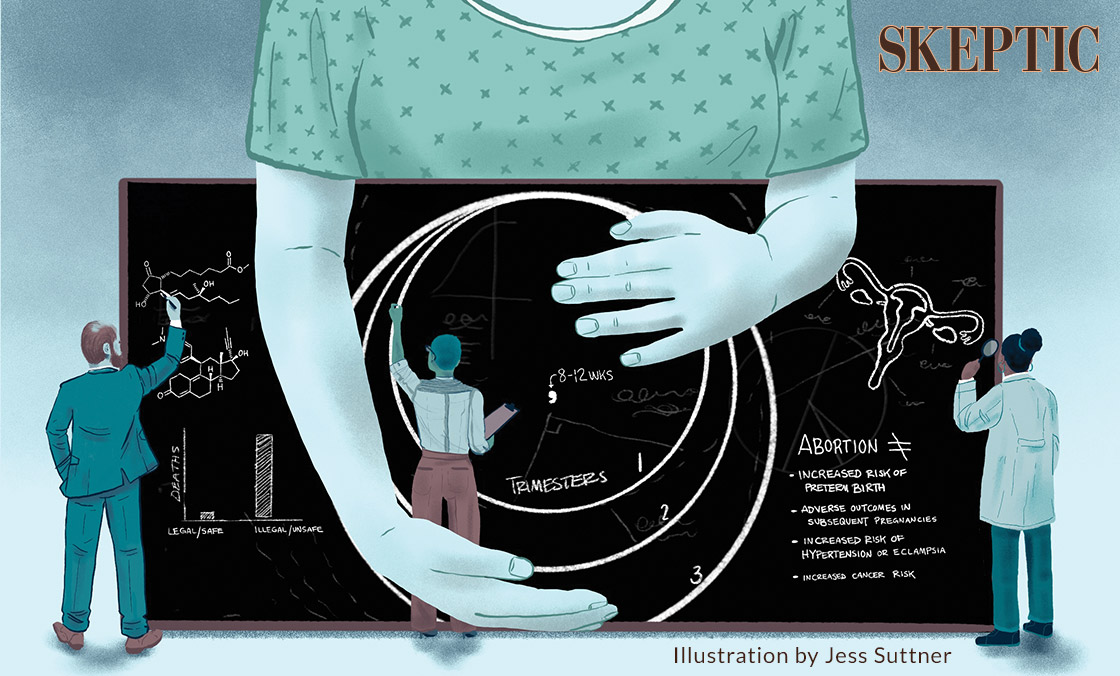
The issue of abortion has never been more polarizing and much of the controversy surrounds medical claims about the procedure which Harriet Hall, MD (aka the SkepDoc) addresses in this article for our special issue on Abortion Matters. What does medical science say about when life begins? When can a fetus survive outside the body of the mother? When does the fetal heartbeat become detectable? What are the short-term and long-term consequences of undergoing an abortion? What are the risks…
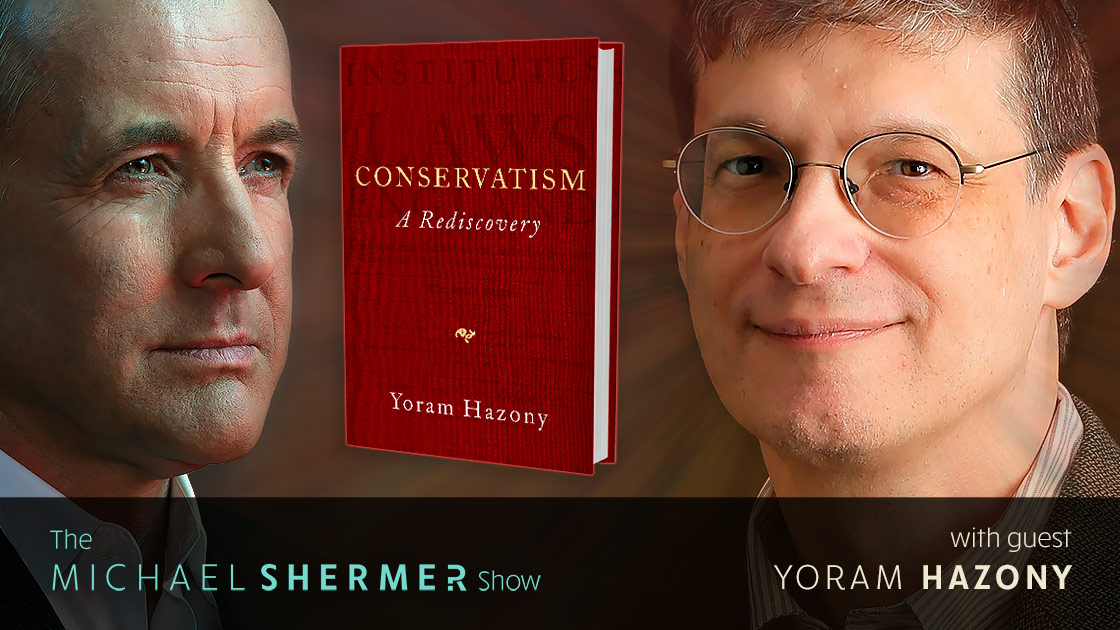
Political theorist Yoram Hazony argues that the best hope for Western democracy is a return to the empiricist, religious, and nationalist traditions of America and Britain. Shermer makes the case for Enlightenment liberalism, with its focus on science and reason, as the primary driver of moral progress over the centuries.
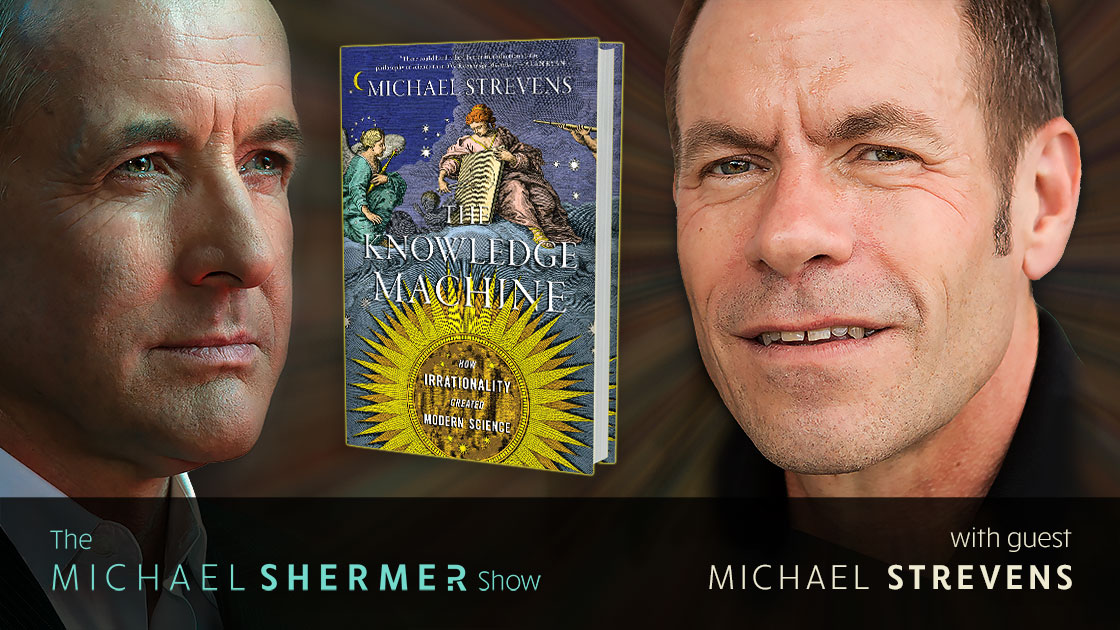
Shermer and Strevens discuss: irrationality and how it drives science • the knowledge machine • the replication crisis, what caused it, and what to do about it • verification vs. falsification • the iron rule of explanation • Bayesian reasoning vs. falsification • climate/evolution skeptics • model dependent realism • humanism • theistic arguments for: God, origin of life, morality, consciousness • known knowns, known unknowns, and unknown unknowns • how to evaluate media sources of science.

If you give Christians a choice between Jesus and Darwin by telling them that the theory of evolution means you have to be an atheist, they’re going to pick Jesus every time. In this article, Larry Arnhart argues that Christians should accept the theory of evolution not only because it’s true but also that it does not mean they have to give up their religion.

Michael Shermer speaks with Richard Dawkins about his new book Flights of Fancy: Defying Gravity by Design and Evolution. They also discuss: nationalism; Russian revanchism; the recent rise of authoritarianism and autocracies; U.S. acceptance of the theory of evolution surpassing 50%; E. O. Wilson; and more…
Announcing Skeptic 27.1: Transgender Matters — an overview of the debate, research, and policies; supporting kids who identify as transgender or who are experiencing gender dysphoria (marked distress at an incongruence between gender identity and biological sex).
Social psychologist Carol Tavris thoughtfully explores and questions “affirmative trans medicine,” the latest dangerous medical practices bubble. Few question the mystifying explosion of cases of gender dysphoria among adolescents and the proliferation of clinics to treat them. Vulnerable teens and baffled parents resort to internet misinformation and succumb to biased media influence, while experts spurn exploratory therapies and promote untested treatments that have long-term effects. Dissenters are vilified and silenced as being transphobic.
Social psychologist Carol Tavris thoughtfully explores and questions “affirmative trans medicine,” the latest dangerous medical practices bubble. Few question the mystifying explosion of cases of gender dysphoria among adolescents and the proliferation of clinics to treat them. Vulnerable teens and baffled parents resort to internet misinformation and succumb to biased media influence, while experts spurn exploratory therapies and promote untested treatments that have long-term effects. Dissenters are vilified and silenced as being transphobic. PLUS: Michael Shermer Speaks with Johnjoe McFadden…
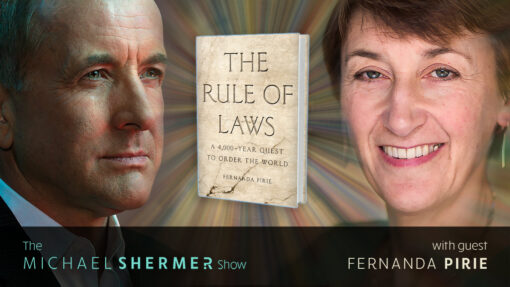
In episode 236, Michael Shermer speaks with Fernanda Pirie on The Rule of Laws: A 4,000-Year Quest to Order the World — from ancient Mesopotamia to today, the epic story of how humans have used laws to forge civilizations.
In episode 236, Michael Shermer speaks with Fernanda Pirie on The Rule of Laws: A 4,000-Year Quest to Order the World — from ancient Mesopotamia to today, the epic story of how humans have used laws to forge civilizations.

In episode 231, Michael Shermer has a conversation with Jason Hill based on his book What do White Americans Owe Black People? Racial Justice in the Age of Post-Oppression. Shermer probes the philosopher on the arguments for and against reparations.
In episode 231, Michael Shermer has a conversation with Jason Hill based on his book What do White Americans Owe Black People? Racial Justice in the Age of Post-Oppression. Shermer probes the philosopher on the arguments for and against reparations.
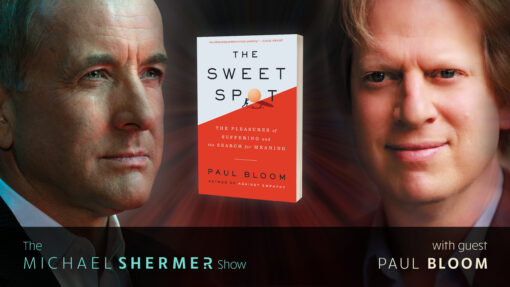
Why do we so often seek out physical pain and emotional turmoil? In episode 223, Michael Shermer speaks with professor of psychology Paul Bloom about the pleasures of suffering and the meaning of life, based on his book The Sweet Spot: The Pleasures of Suffering and the Search for Meaning.
Why do we so often seek out physical pain and emotional turmoil? In episode 223, Michael Shermer speaks with professor of psychology Paul Bloom about the pleasures of suffering and the meaning of life, based on his book The Sweet Spot: The Pleasures of Suffering and the Search for Meaning.
In this special episode of the podcast Michael Shermer honors the 20th anniversary of 9/11 with a commentary on the truth about that event and how it changed our lives, 7 myths about terrorism that need debunking if we are to understand how we should respond to this threat, and why we need not sacrifice liberty for security.

In this special episode of the podcast Michael Shermer honors the 20th anniversary of 9/11 with a commentary on the truth about that event and how it changed our lives, 7 myths about terrorism that need debunking if we are to understand how we should respond to this threat, and why we need not sacrifice liberty for security.

In episode 204, Michael Shermer speaks with codirector of undergraduate studies in the Department of Human Evolutionary Biology at Harvard University, Carole Hooven, PhD about testosterone. While most people agree that sex differences in human behavior exist, they disagree about the reasons. But the science is clear: testosterone is a potent force in human society, driving the bodies and behavior of the sexes apart.
← PREVIOUS
NEXT →





















